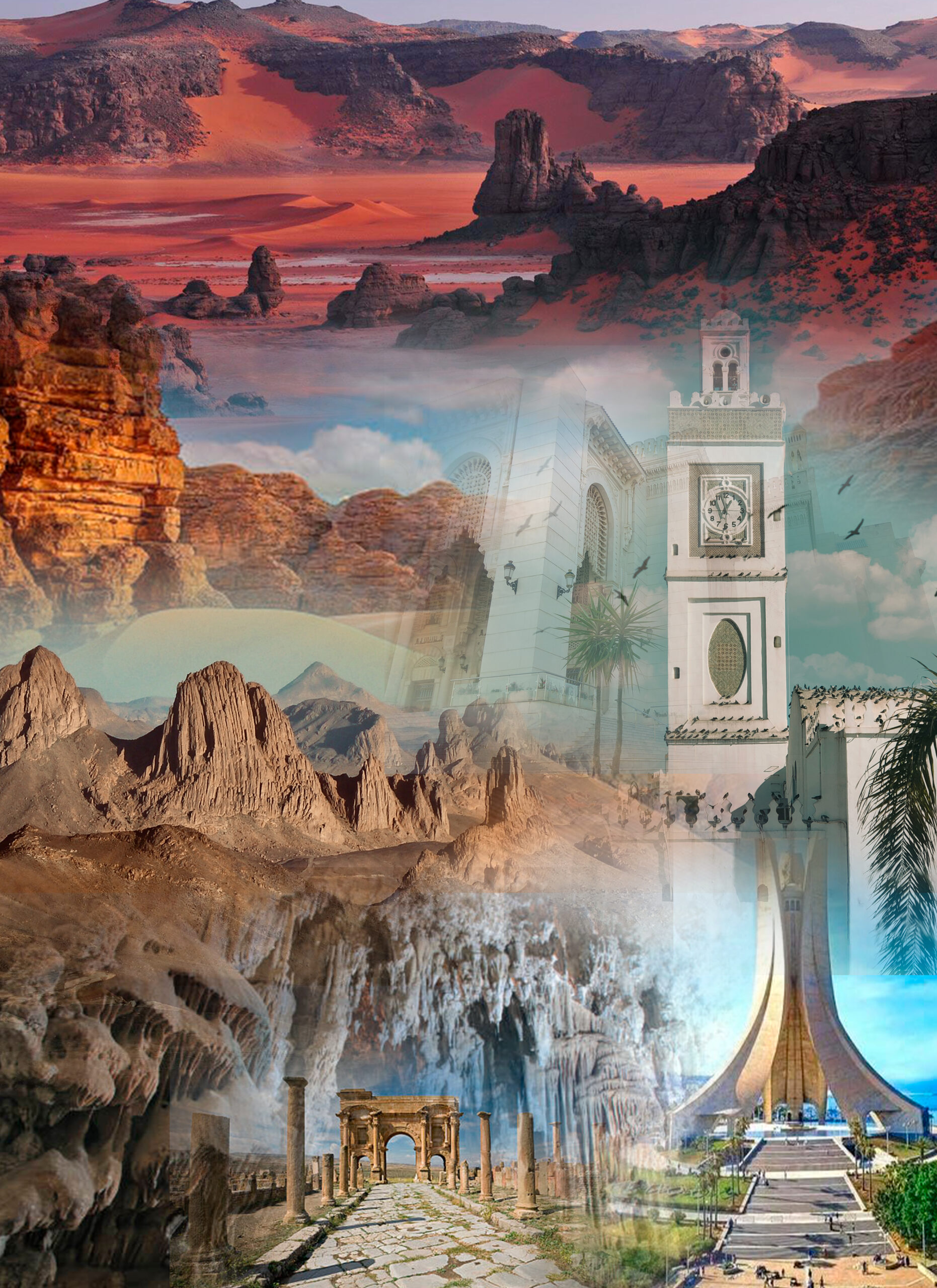Exploring Mali’s Gateway to the Desert

Historical Significance:
Tombouctou, also known as Timbuktu, holds a captivating historical significance that stretches back centuries. Situated at the crossroads of ancient trade routes in the Mali Empire, this legendary city became a thriving center of Islamic scholarship, commerce, and cultural exchange. During the 14th to 16th centuries, Tombouctou was renowned as a hub for learning, boasting prestigious universities and libraries that attracted scholars from across Africa and the Arab world. The city’s rich history is intertwined with the trans-Saharan trade and the spread of Islam, leaving behind a remarkable legacy that continues to fascinate visitors today.
Architecture & Natural Splendors:
Tombouctou’s architecture showcases the city’s unique blend of African and Islamic influences. The iconic Djinguereber Mosque, an architectural masterpiece of Sudanese-Sahelian style, stands proudly as a UNESCO World Heritage site. Its towering minaret and intricately carved facade exemplify the city’s architectural splendor. Tombouctou is also known for its traditional mud-brick houses, adorned with geometric patterns and decorative motifs. Surrounding the city, the vast Sahara Desert unveils its natural wonders, offering breathtaking landscapes of rolling dunes and star-filled night skies that mesmerize travelers.
Art & Cultural Delights:
Tombouctou is a treasure trove of art and cultural delights, showcasing the creativity and craftsmanship of its people. The city is renowned for its exquisite leatherwork, with artisans skillfully crafting leather bags, sandals, and other products using traditional techniques passed down through generations. The vibrant music and dance traditions of Tombouctou reflect the cultural diversity of the region, with performances that captivate audiences and transport them to a world of rhythmic melodies and energetic movements. Visitors can also explore the city’s vibrant markets, where vibrant textiles, intricate jewelry, and traditional handicrafts are proudly displayed.
Spirits & Gastronomy:
Tombouctou tantalizes the senses with its spirits and gastronomy, offering a unique culinary experience. The city’s cuisine is influenced by the flavors of West Africa, with dishes like “tuareg tea,” a fragrant blend of green tea, mint, and spices, and “couscous,” a staple dish made from semolina and various meats and vegetables. Visitors can savor the rich flavors of traditional Malian cuisine, characterized by hearty stews, grilled meats, and vibrant spices. Exploring the local tea houses and street food stalls allows one to immerse in the city’s gastronomic delights and experience the warmth of Malian hospitality.
Events & Activities:
Tombouctou hosts a range of events and activities that celebrate its rich cultural heritage and offer memorable experiences. The Desert Festival, held annually, showcases the region’s traditional music, dance, and nomadic traditions. Visitors can witness captivating performances by Tuareg musicians, admire intricate sand art, and participate in camel races and desert safaris. The Festival of the Niger, another significant event, brings together artists, musicians, and dancers from across Mali and beyond, creating a vibrant atmosphere of creativity and cultural exchange. Exploring the ancient libraries and attending lectures by local scholars also provide opportunities to deepen one’s understanding of Tombouctou’s intellectual legacy.
In conclusion, Tombouctou stands as a gateway to Mali’s rich history, architectural marvels, artistic traditions, culinary delights, and vibrant cultural celebrations. From the majestic mosques to the bustling markets, every corner of Tombouctou tells a story of the city’s past and present. Embark on a journey to this legendary city and immerse yourself in the enchanting tapestry of Tombouctou’s cultural heritage and the captivating allure of the Sahara Desert.
©2024 | Authored by DocThomas.Art

